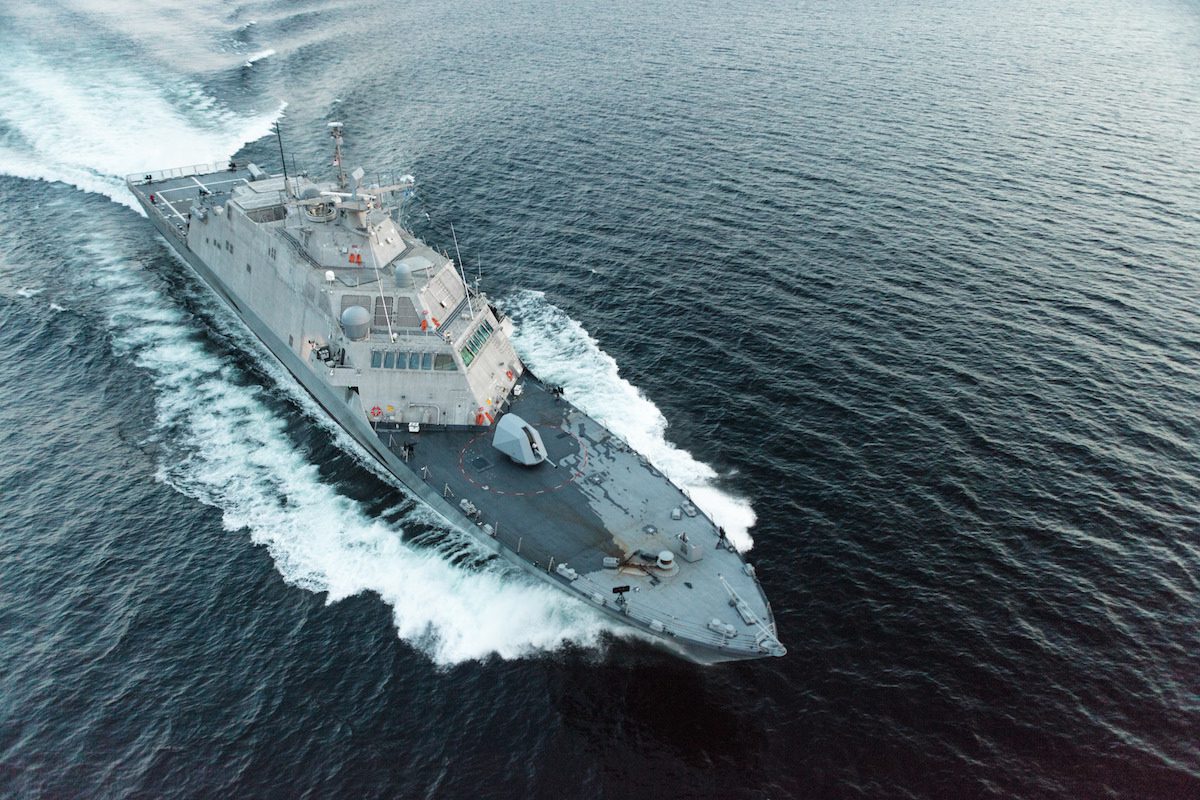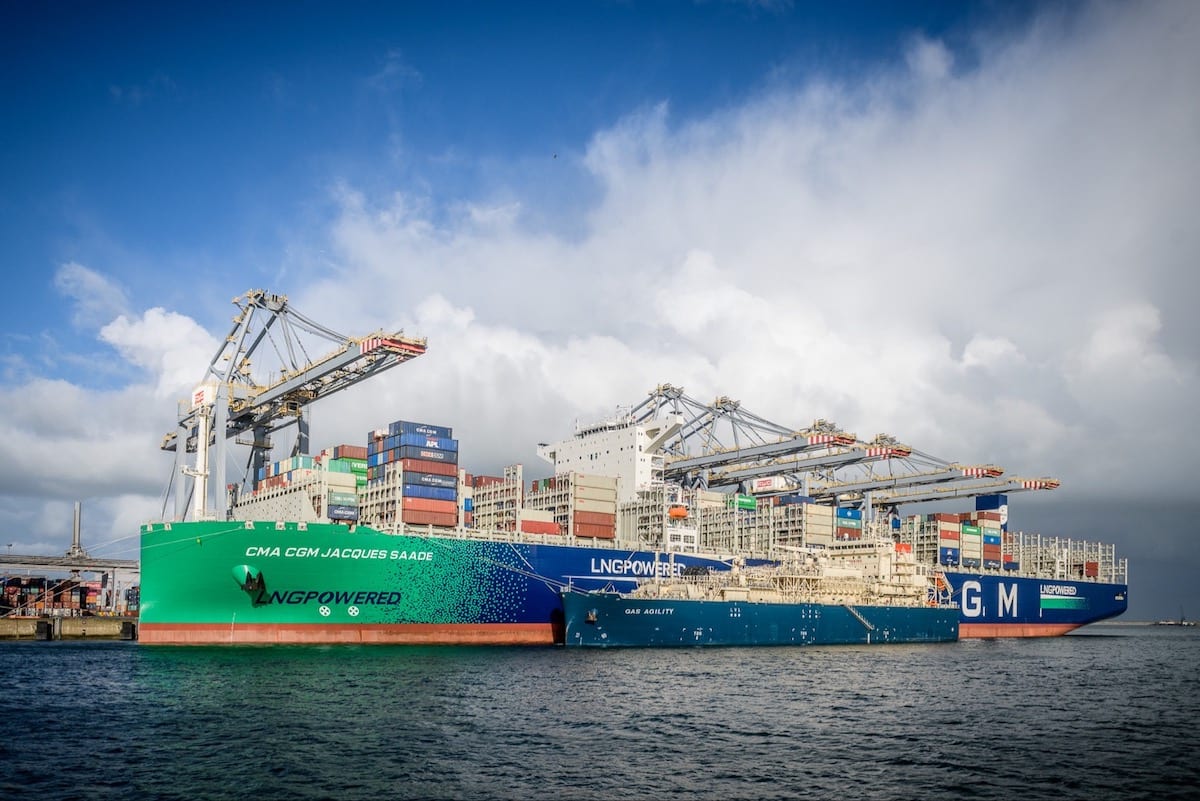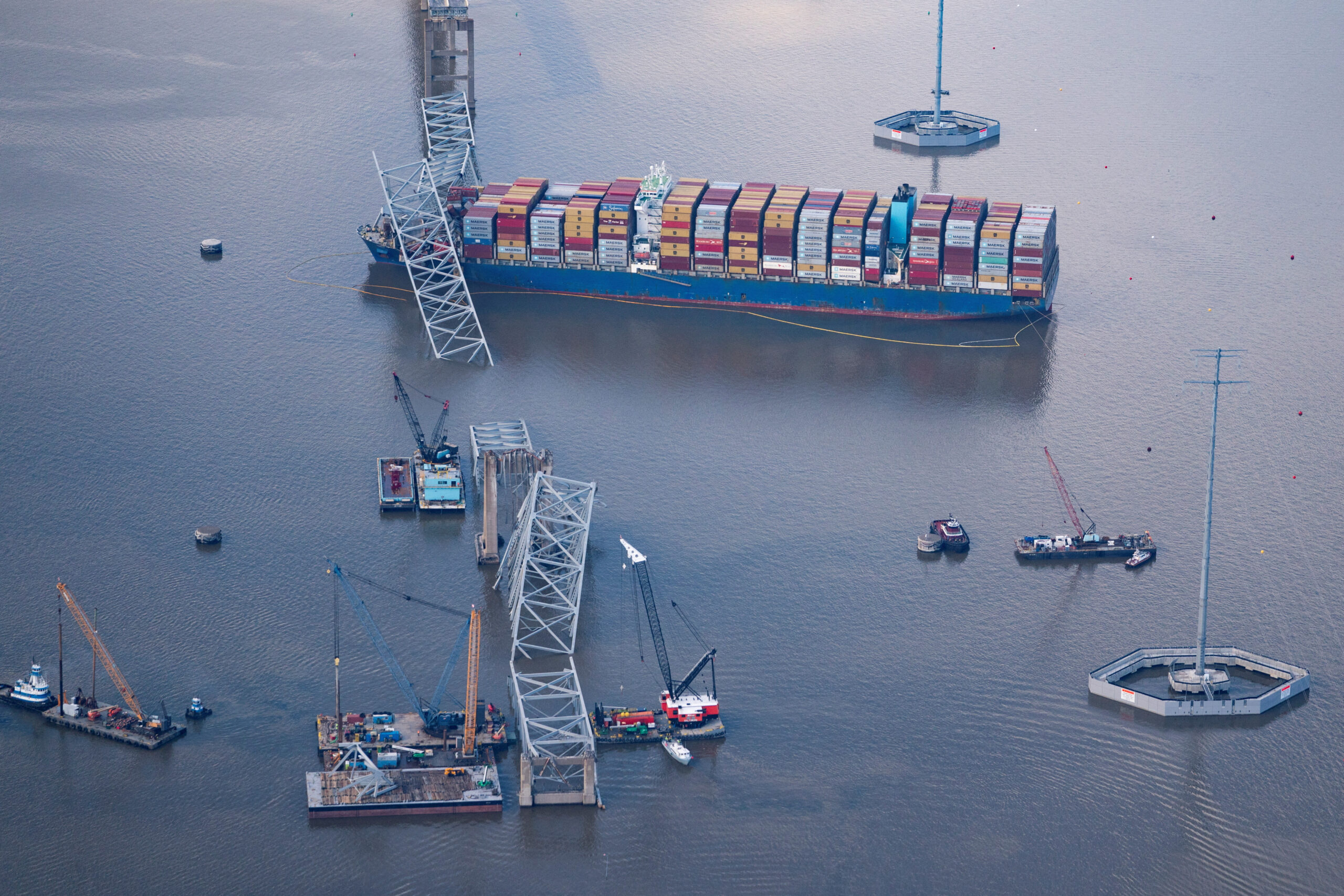The littoral combat ship USS Little Rock (LCS 9) during a high-speed trials on Lake Michigan, August 25, 2017. U.S. Navy Photo
By Tony Capaccio (Bloomberg) — Lockheed Martin Corp. will deliver its eight remaining Littoral Combat Ships an average of 11 months late, more than twice the five-month delay for rival shipbuilder Austal Ltd., the U.S. Navy estimates.
The contractors build different versions of the ship that’s been criticized for rising costs, equipment breakdowns and potential vulnerability in combat. Now, Austal’s timelier performance may give the Australian company an advantage in the winner-take-all competition for a guided-missile frigate intended as a more robust successor.
The delays also postpone availability of the vessels for a Navy that says it’s hobbled by readiness shortfalls and a shortage of ships that officials say will be solved over time if the service expands to 355 vessels from 279 today.
The Navy attributed the delays for Bethesda, Maryland-based Lockheed to past or recently resolved issues in production and maintaining the shipyard workforce. The 11-month average delay is an increase from an average of about five months that the Naval Sea Systems Command estimated in March in response to an inquiry.
The most recent Lockheed ship, the USS Little Rock, was delivered on Sept. 25 — 13 months past its contracted delivery date, the Navy said in an email. It was stymied for months by faulty propulsion-system gears from a Germany-based subcontractor that have been resolved, according to the service.
‘Shipbuilder-Responsible’
The Naval Sea Systems Command estimates the next three Lockheed vessels — the USS Sioux City, Wichita and Billings — will be delivered in January, June and December 2018. Navy budget documents in February 2016 had projected the deliveries for February and July of this year and February of 2018.
The Sioux City’s delivery delay “was caused by correction of shipbuilder-responsible deficiencies,” the sea systems command said in an email.
Deliveries of the remaining seven vessels by Austal, which builds a trimaran version of the Littoral Combat Ship, are “projected to remain stable to revised schedules,” the command said.
The Navy plans to spend $21 billion on the Littoral Combat Ship program. At least $17.4 billion has been approved by Congress to date. Lawmakers working on spending bills for the current fiscal year are considering approving as many as three more of the ships, or one more than requested by the Trump administration.
Lockheed’s “construction durations and delivery dates were driven by the start-up of serial production” at its Fincantieri Marinette Marine subcontractor, which is building the vessels in Wisconsin, the Navy said. The Lockheed program also has “realized delays as a result of a now-corrected” gear deficiency as delivery dates “are now projected to remain stable,” the Navy said.
Labor Shortage
Part of the problem is “due to a lack of skilled labor,” according to a Pentagon information paper prepared in late October for a meeting with Lockheed officials.
“We are committed to ensuring all” vessels “are designed and built to the highest quality standards. With each ship produced our team is increasing efficiency and working to drive down costs and improve capability,” Lockheed spokesman John Torrisi said in an email.
He said the Little Rock was delivered to the highest quality score of any of the contractor’s Littoral Combat Ships to date, based on its at-sea builder’s trial. The Sioux City is sailing in its builder’s sea trial and is on schedule for an early 2018 delivery, he said.
Austal spokeswoman Michelle Bowden said its production line in Mobile, Alabama, “is mature and stable” and the company is “on schedule to deliver four” of its next ships in 24 months.
General Dynamics
The Navy frigate program is proceeding in two phases. A current request for proposals has been issued for conceptual design contracts for award this fiscal year. That will be followed by the winner-take-all construction contract in 2020. In addition to Lockheed and Austal, General Dynamics Corp.’s Bath Iron Works unit said it will evaluate the request for proposals in partnership with Navantia SA of Spain. Responses are due Dec. 18.
“Past performance is one of five evaluation factors, along with technical approach, management approach, facilities, and price,” Ronald O’Rourke, naval analyst for the Congressional Research Service, said in an email.
Still, Shelby Oakley, director of shipbuilding for the Government Accountability Office, said in an email that it’s “not clear that LCS delays are significant to the frigate program.”
© 2017 Bloomberg L.P
Unlock Exclusive Insights Today!
Join the gCaptain Club for curated content, insider opinions, and vibrant community discussions.

 Join The Club
Join The Club













